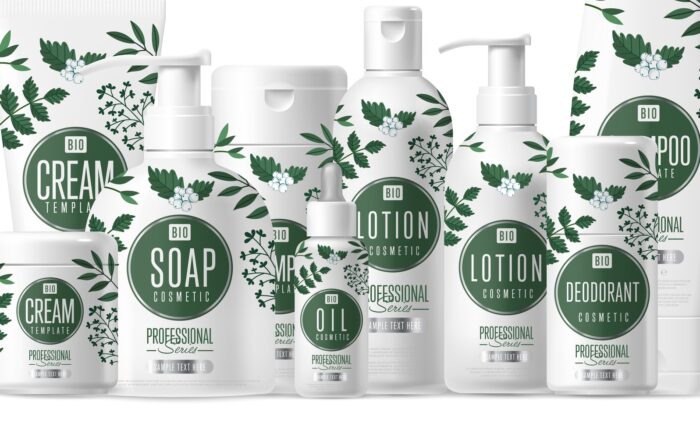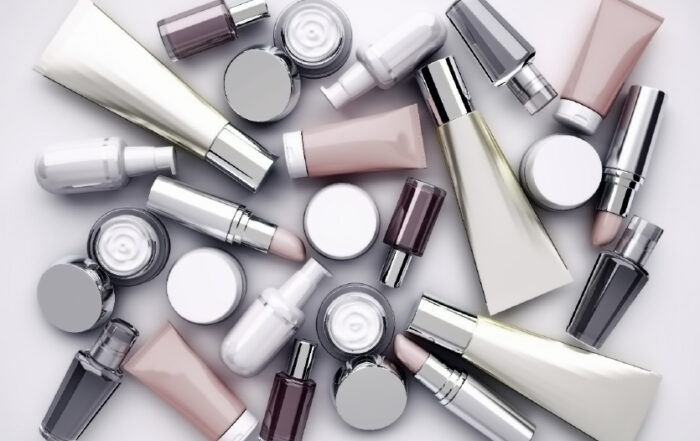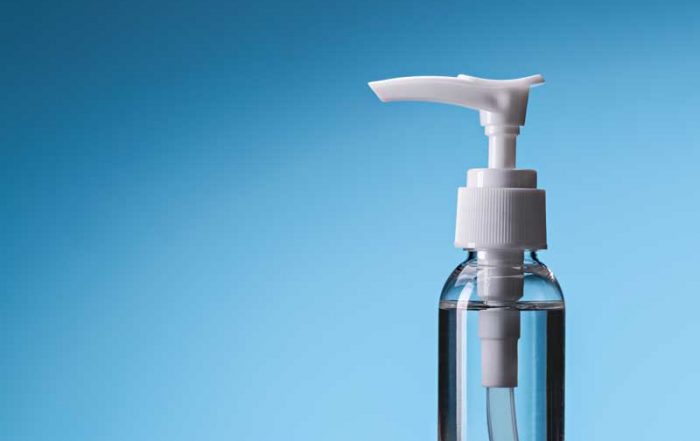The Modernization of Cosmetics Regulation Act of 2022 (MoCRA): What it means for the Cosmetic Supply Chain and Canadian Companies
What is MoCRA: The Modernization of Cosmetics Regulation Act of 2022 (MoCRA) has significantly transformed the regulatory landscape for the cosmetic industry in the United States. Signed into law on December 29, 2022, as part of the Consolidated Appropriations Act, MoCRA represents the most substantial update to the Food and Drug Administration’s (FDA) authority over cosmetics in more than 80 years. The implications of MoCRA are far-reaching and impact every stakeholder in the cosmetic supply chain—from ingredient suppliers and manufacturers to importers, distributors, and brand owners. Moreover, Canadian companies selling cosmetic products into the U.S. market must pay close attention to these regulatory changes, as non-compliance could lead to significant disruptions.
Key Provisions of MoCRA
MoCRA introduces several critical requirements designed to enhance consumer safety and ensure product transparency across the cosmetics industry. These include:
- Mandatory Product Registration: Cosmetic manufacturers and importers are now required to register their facilities with the FDA. They must also submit a product listing that includes details about ingredients, their concentration, and associated uses.
- Good Manufacturing Practices (GMP): MoCRA establishes new requirements for cosmetic companies to follow Good Manufacturing Practices (GMP), ensuring that products are manufactured in a manner that meets safety and quality standards.
- Adverse Event Reporting: Companies must report serious adverse events linked to their cosmetic products to the FDA within 15 business days, along with any subsequent information about the event.
- Mandatory Labeling Requirements: Cosmetics must have clear labeling that includes allergen disclosures and contact information for consumer reporting of adverse events.
- Product Recall Authority: MoCRA grants the FDA the authority to mandate product recalls if a cosmetic is deemed to pose a risk to human health.
- Fragrance Ingredient Disclosure: This regulation introduces stricter rules surrounding fragrance allergens, requiring manufacturers to disclose certain fragrance ingredients that may pose health risks.
MoCRA’s Impact on Different Stakeholders
- Ingredient Suppliers: Ingredient suppliers are directly affected by MoCRA’s increased transparency requirements. They need to provide more detailed information about the composition of ingredients used in cosmetic formulations. This data must be shared with manufacturers and registered with the FDA to ensure compliance. Suppliers must also be prepared for more rigorous audits and documentation requests as manufacturers seek to ensure all their ingredients are safe and meet regulatory standards.
- Manufacturers: Manufacturers are among the most impacted by MoCRA. They must now comply with strict Good Manufacturing Practices (GMP) guidelines, necessitating potential overhauls in production processes and facility management. Manufacturers will also need to collaborate closely with their ingredient suppliers to ensure the transparency and accuracy of ingredient information. Additionally, managing adverse event reporting and ensuring labeling compliance will require new processes and technology investment.
- Importers: For importers, MoCRA adds another layer of complexity when bringing products into the U.S. market. Importers must ensure that their facilities, as well as those of their foreign manufacturing partners, are registered with the FDA. They are also responsible for maintaining the necessary documentation to demonstrate compliance with GMP standards, product registration, and adverse event reporting.
- Distributors: Distributors will need to ensure that the products they are handling are fully compliant with MoCRA’s requirements. They may have to work more closely with manufacturers and brand owners to confirm that all products they distribute have the appropriate FDA registrations, ingredient disclosures, and labeling requirements in place. Distributors will also need to stay informed about product recalls and be prepared to act swiftly in coordination with brand owners in case a recall is mandated by the FDA.
- Brand Owners: Brand owners bear the responsibility for the overall compliance of their products. They must ensure their products meet the new labeling standards and that all required information, such as ingredient lists and potential allergens, is clearly disclosed. Additionally, they will need to manage the FDA registration of their products, as well as ensure compliance with adverse event reporting. For brand owners who rely on third-party manufacturers or importers, it’s critical to establish strong compliance partnerships.
Implications for Canadian Companies Selling Cosmetics in the U.S.
For Canadian cosmetic companies exporting to the U.S., MoCRA introduces several new compliance challenges. First and foremost, Canadian manufacturers must register their facilities with the FDA and adhere to U.S. Good Manufacturing Practices (GMP). Even though these companies may already be compliant with Canadian regulations, MoCRA’s requirements could differ in key areas, such as ingredient transparency, product labeling, and adverse event reporting.
Additionally, Canadian companies must ensure that their entire supply chain is MoCRA-compliant. This includes suppliers of raw materials and other components, as well as third-party manufacturers. Any gaps in compliance could result in delays at U.S. customs, product recalls, or penalties, which can harm brand reputation and profitability.
To mitigate these risks, Canadian companies should consider:
- Collaborating with U.S.-based legal and regulatory experts to navigate the specifics of MoCRA and ensure their products meet all FDA requirements.
- Conducting a gap analysis between Canadian and U.S. regulatory standards to identify areas where adjustments may be necessary.
- Training staff and partners on the new regulatory requirements to ensure seamless compliance across the supply chain.
How MoCRA Improves Consumer Safety
From a consumer perspective, MoCRA’s reforms are designed to enhance the safety and transparency of cosmetic products in the U.S. market. The introduction of stricter GMP regulations and mandatory product recalls addresses longstanding concerns about the quality and safety of cosmetics. Additionally, the requirement for allergen disclosures and adverse event reporting creates a more transparent marketplace, giving consumers better information to make informed decisions.
Conclusion
MoCRA represents a landmark shift in how cosmetic products are regulated in the U.S., with implications for every player in the cosmetic supply chain. From ingredient suppliers to brand owners, stakeholders must adapt to a new regulatory environment focused on safety, transparency, and accountability. For Canadian companies exporting cosmetics to the U.S., aligning with MoCRA’s provisions is essential to maintaining market access and ensuring consumer trust. Staying proactive, informed, and compliant will be key to navigating this evolving regulatory landscape successfully.






